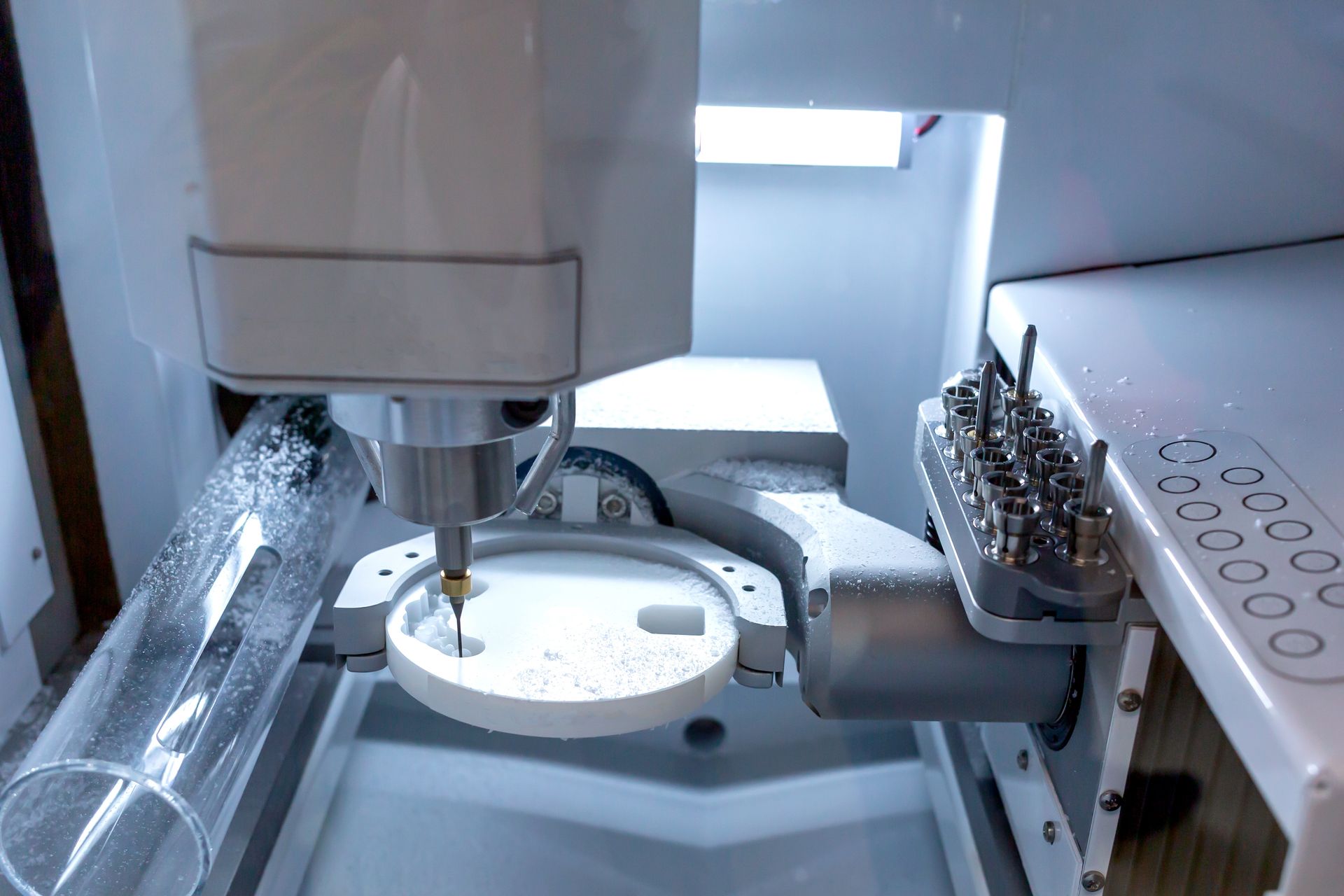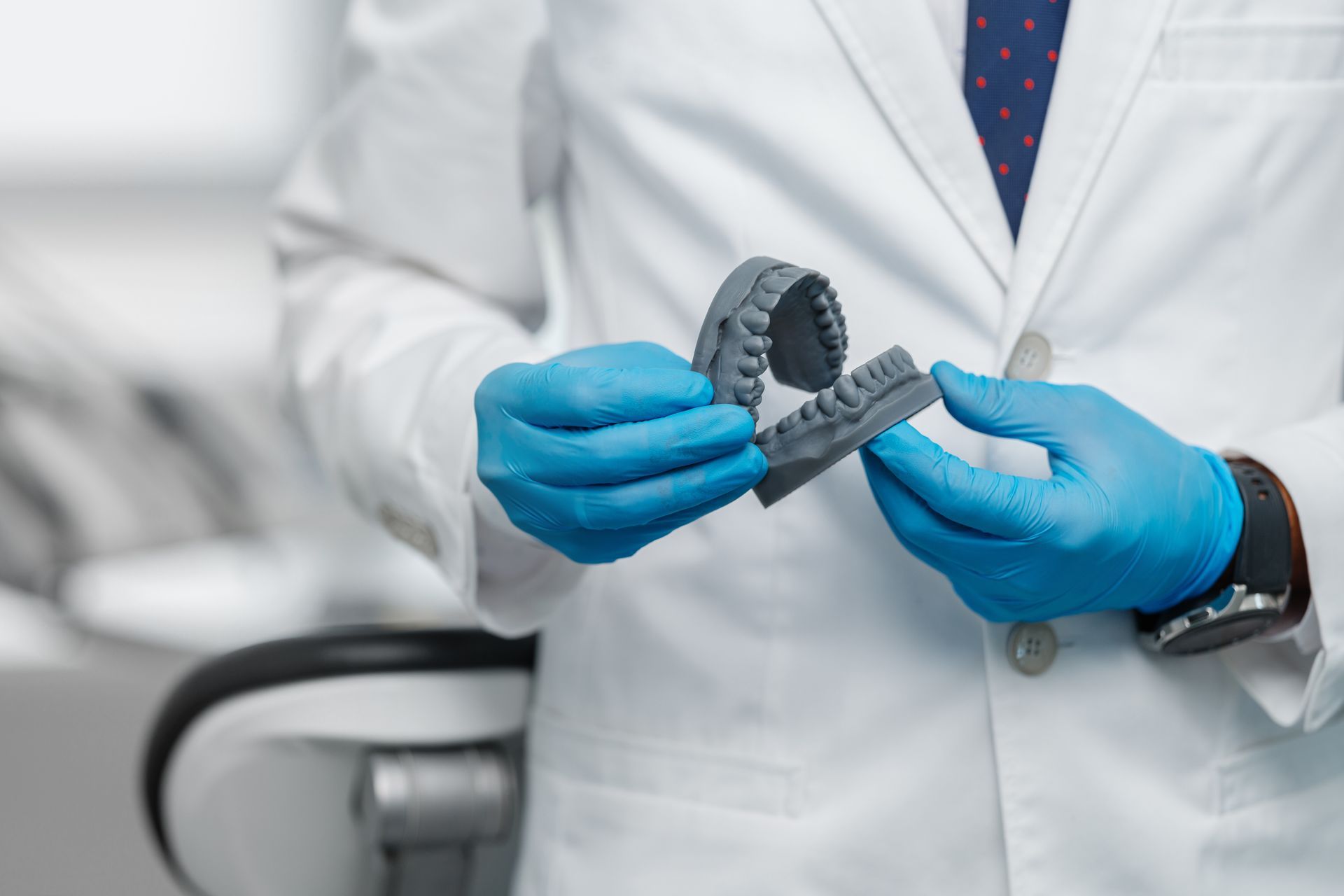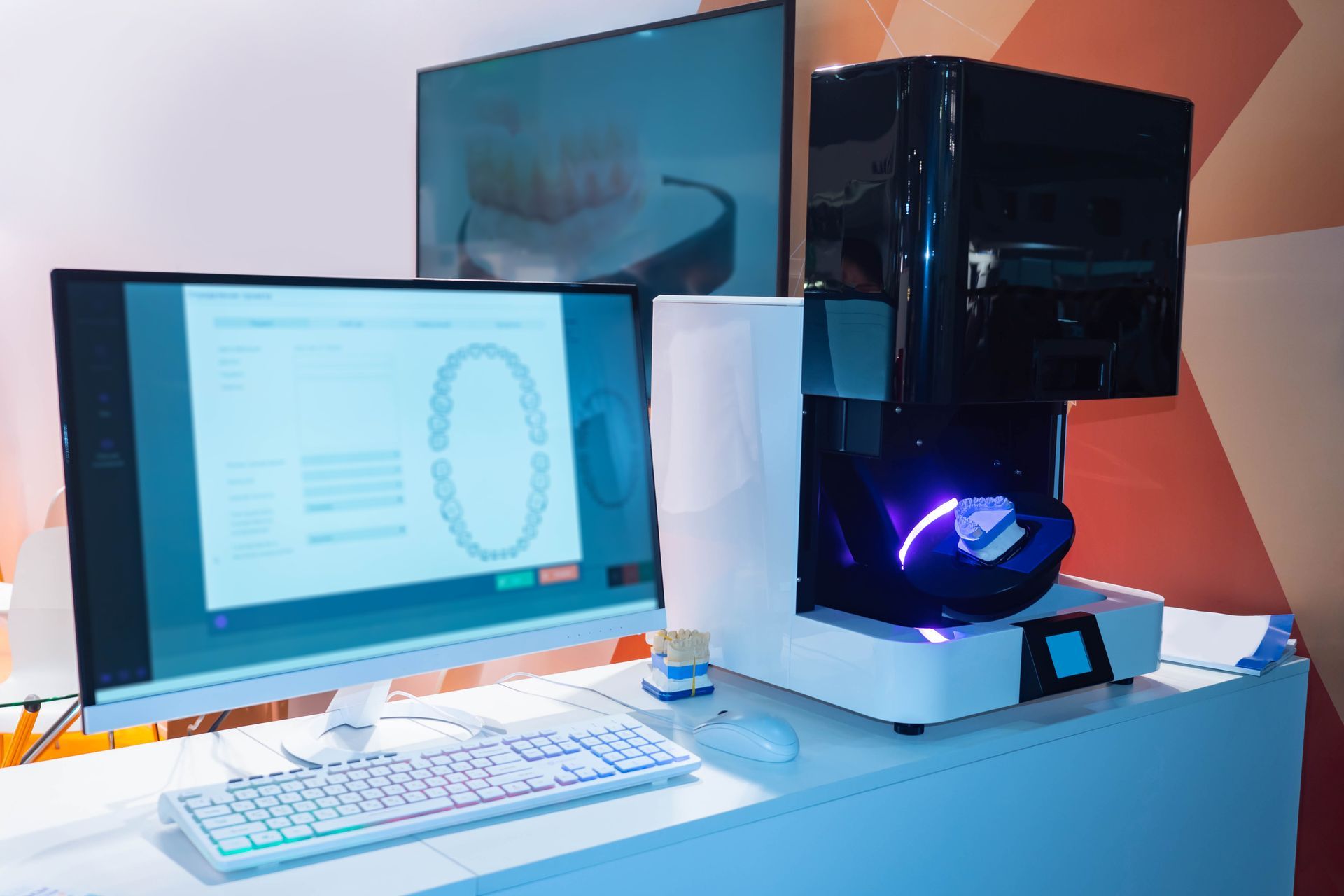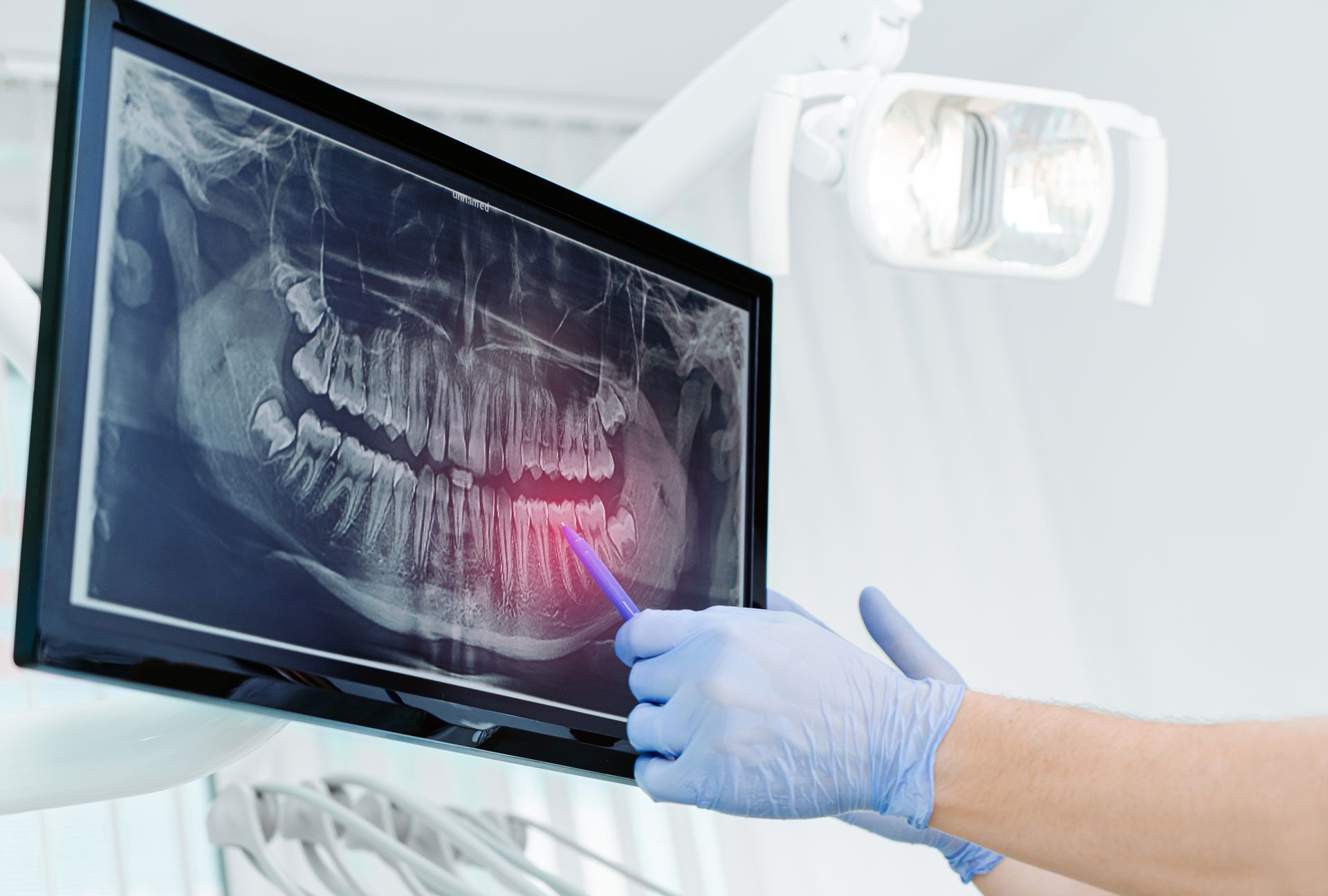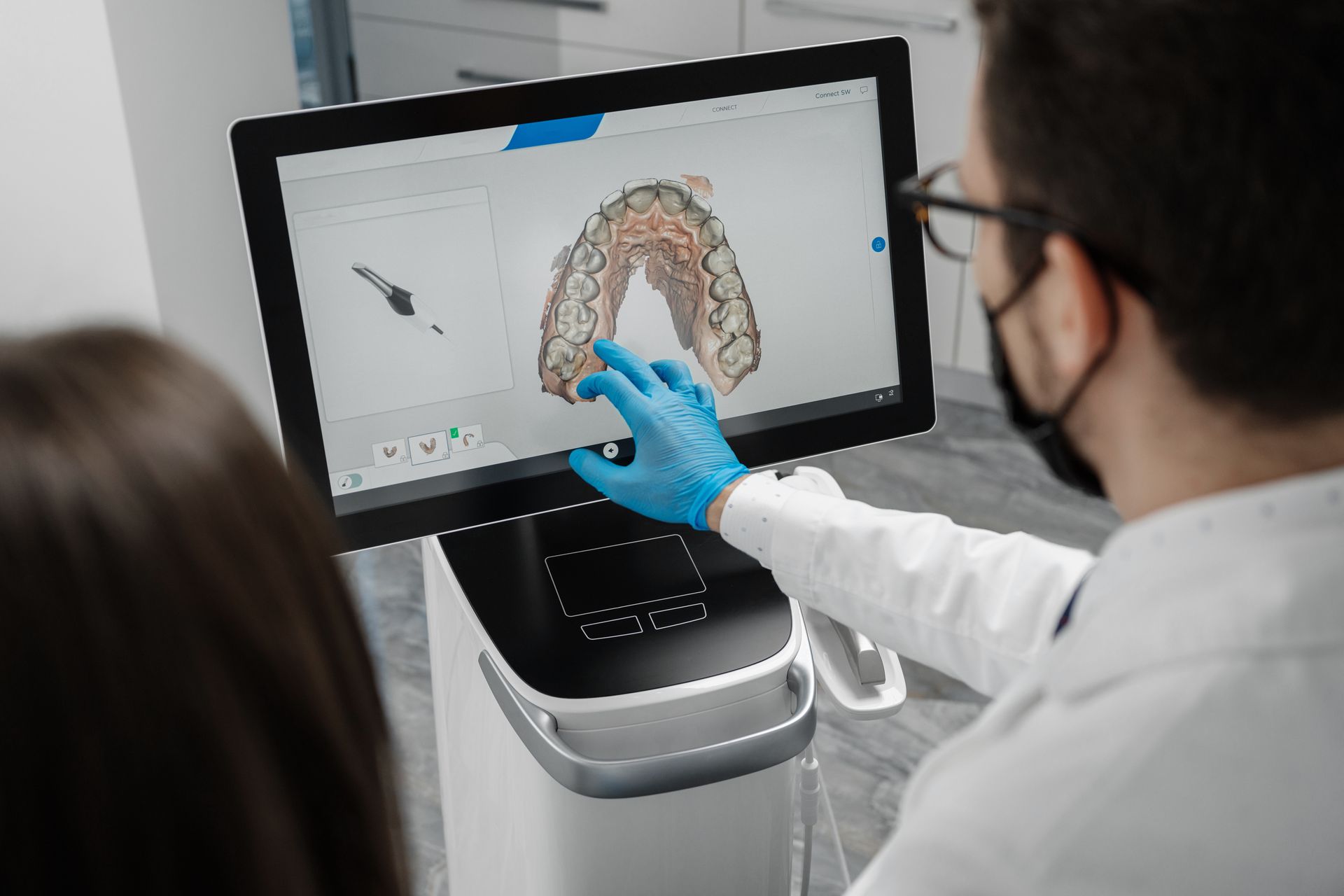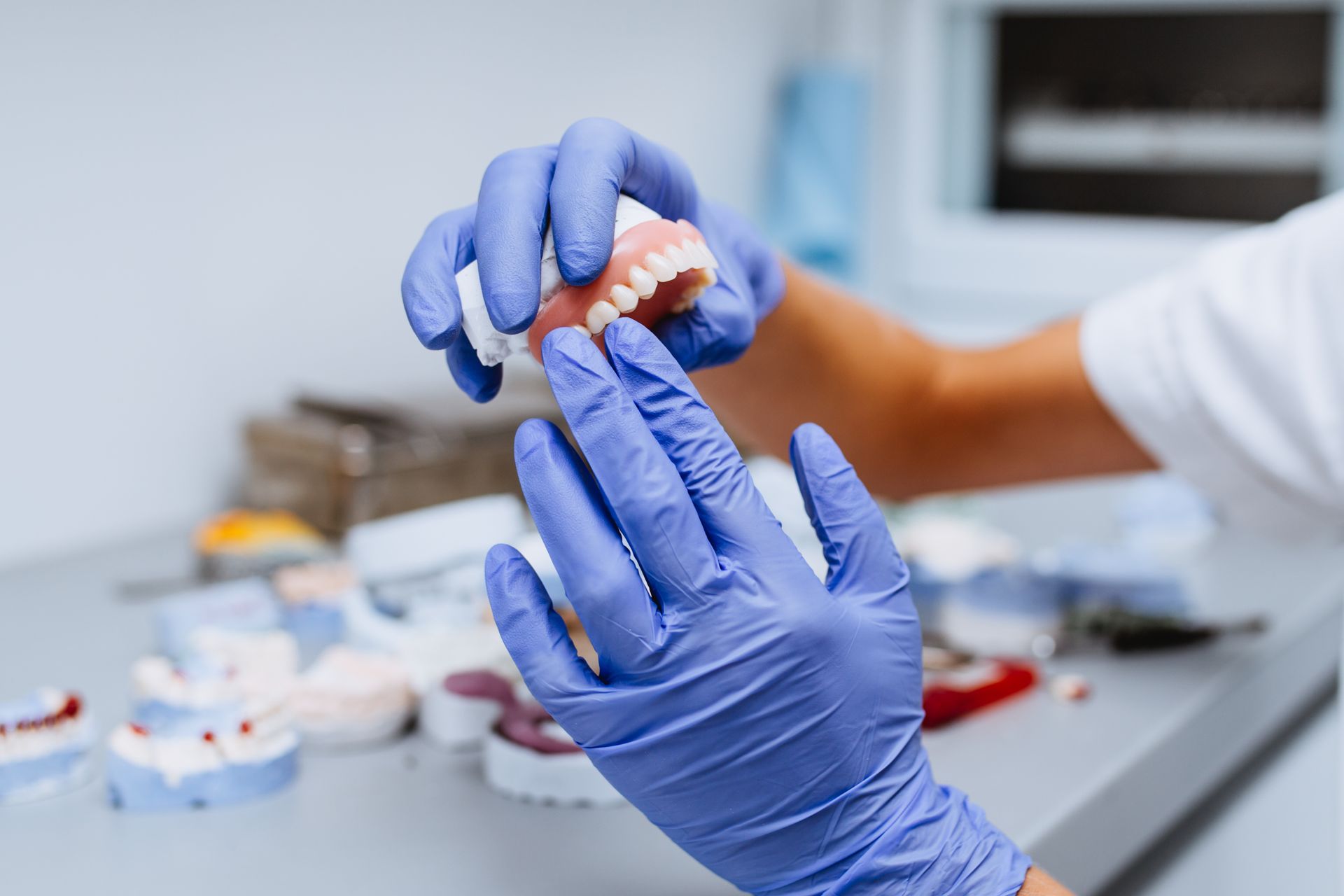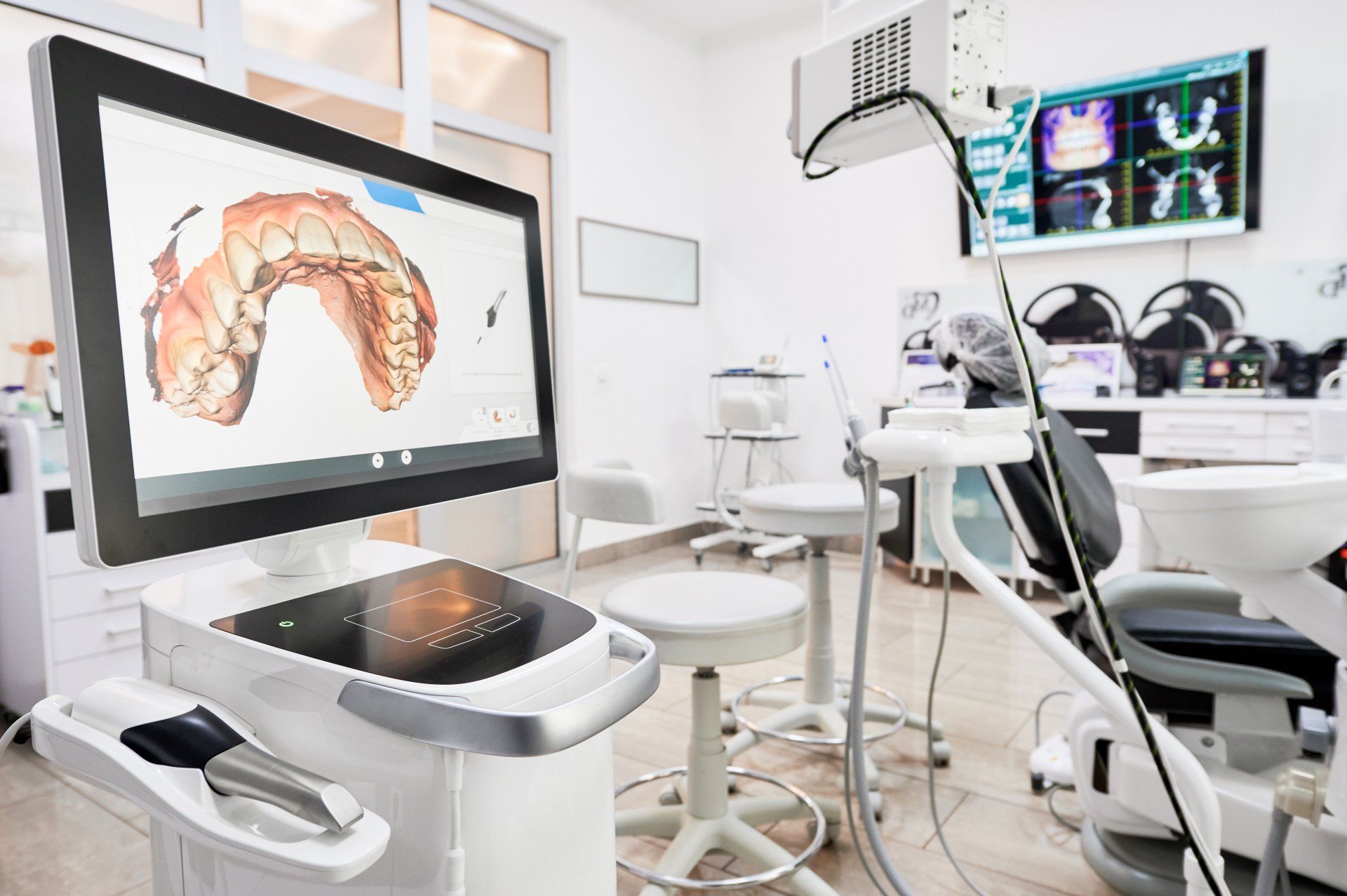When You Should NOT Ask Your Dentist to Fix Broken Dentures
Regardless of age, you'd know that your smile is one of your best assets. It helps you look good and can boost your confidence. However, even if you lose your natural teeth, dentists still recommend regular maintenance to ensure your dentures' best condition.
Unfortunately, only a few patients strictly follow their regular dental appointments. Others may need help deciding when to repair or replace dentures, while most people think they can fix their false teeth at home.
This article will discuss the three types of dental repairs and when NOT to repair your
dentures.
3 Types of Denture Repairs
Dental healthcare providers strongly recommend regular denture maintenance to diagnose and immediately treat issues with your dentures. These checkups allow your dentist or denturist to perform the necessary repairs.
This section will briefly discuss the three types of denture repairs.
1. Denture Rebase
Denture rebasing is the total replacement of the denture's acrylic material without changing the denture teeth. This procedure fixes any damaged acrylic or dentures while ensuring a better fit. You can benefit from this uncommon treatment if your denture acrylic is in poor condition, needs relining, or you're not using the denture teeth.
2. Denture Reline
Denture relining works best to improve your false teeth's fit and comfort. This procedure corrects the minor flaws in your denture to fill gaps between the false teeth and the underlying tissue. A reline can also extend your denture's lifespan to a certain extent.
However, we recommend replacing your dentures if your dentist relines them more than twice. It's also best to get a new denture if the false teeth cannot contact most of the underlying tissue or the bite doesn't mesh correctly.
3. Denture Adjustments
While it's technically not a dental repair, your dentist can adjust your dentures to make them fit better and feel more comfortable. It's normal for your dentist to make multiple adjustments to new dentures. However, if you constantly experience discomfort while chewing or are making extensive modifications to your false teeth, it's time to find other options. Also, avoid adjusting your dentures at home and bring them to your dentist instead.
When to NOT Repair Dentures
Besides poor manufacturing, this section will discuss other times when you should NOT repair your dentures.
1. If It Suffers Damage from Improper Wear
Even if you already have false teeth, you must also learn to use them properly to avoid irreparable damage. After all, you're supposed to use them, not abuse them.
Your dentures will break if you always use them to crack walnuts, open beer bottles, or chew ice cubes or hard candies. When tying a line, you must avoid using dentures to hold a metal fishing hook. Dentists don't recommend using dentures to accomplish these tasks because the force can break away the denture teeth from the acrylic.
2. Damaged by Environmental Factors
In more extreme cases, such as pets chewing dentures, children destroying them, or facing a road accident, you'll most likely need a new denture because even a skilled lab technician couldn't successfully fix them.
While you think you can save money by trying to fix your broken dentures yourself, we don't recommend that. Most denture wearers need help learning how to use the right amounts of repair materials or assemble the pieces correctly. Regardless if you know how to repair them or have suitable materials, it's still best to ask your dentist or denturist to create a new set.
Conclusion
Your dentures are essential to help you keep your best smile, even if you get older. Learning when to repair or replace your dentures can help ensure their longevity and maximum comfort.
Vitality Technologies is a
digital dental lab servicing dental clients in the United States. We specialize in high-end removable 3D-printed dentures to help people enjoy a better smile at affordable costs. Call us now to speak with our staff!

